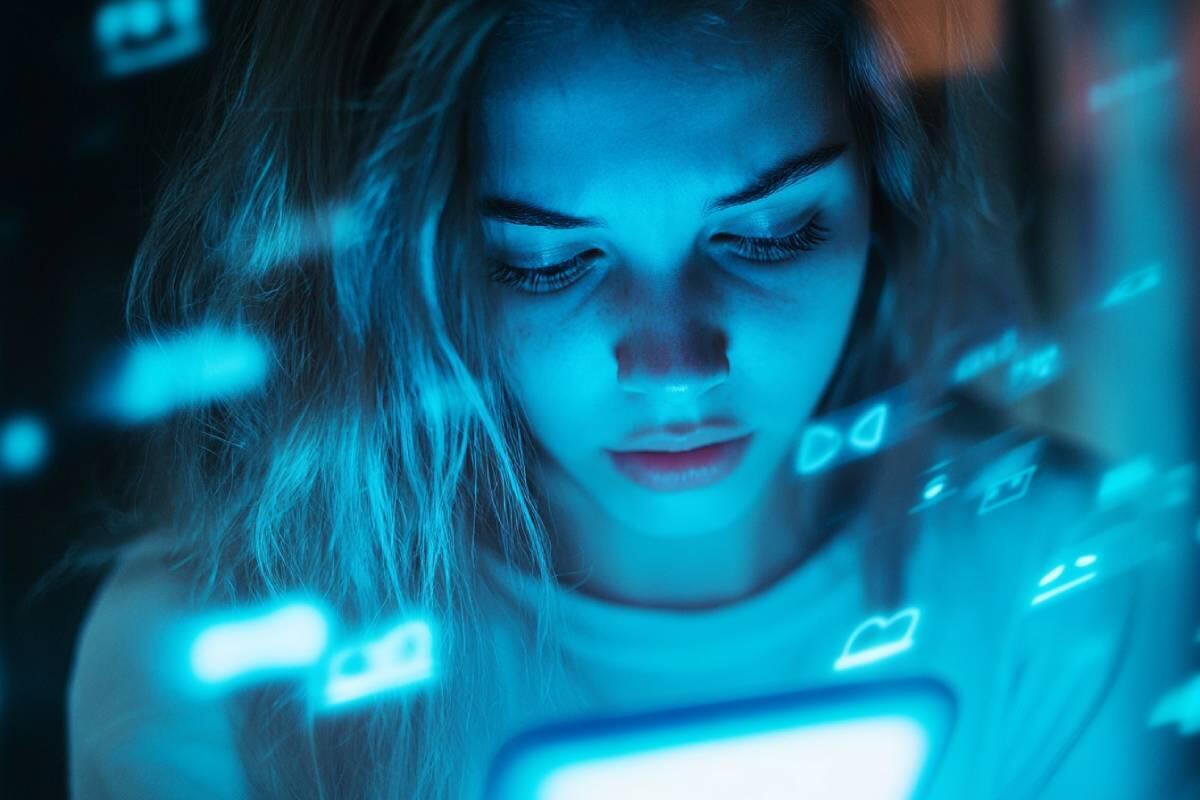Anxiety Caused by Social Media: How to Reduce the Impact of Excessive Use
The intense use of social media has become one of the main triggers of anxiety, especially among young people and digitally connected adults. Constant exposure, comparison with others, and information overload generate significant emotional pressure.
This article aims to help you understand how anxiety manifests through excessive social media use and what steps can be taken to deal with this impact in a healthier way.
Why Can Social Media Cause Anxiety?
Constant Comparisons and Self-Esteem
Viewing “perfect” lives on social platforms often leads to feelings of inadequacy. The need for validation through likes, comments, and shares weakens self-confidence and fuels the pursuit of external approval.
Information Overload
The sheer volume of content consumed daily can overwhelm the brain. Negative news and constant stimulation increase cortisol levels, keeping the body in a state of alert and stress.
Fear of Missing Out (FOMO)
FOMO is the persistent fear of missing something important. It leads to a compulsive need to stay online, check feeds, respond to messages, and follow trends in real time.
This behavior fosters a dependency on notifications and a fear of being disconnected.
Symptoms of Anxiety Linked to Excessive Social Media Use
Emotional Symptoms
Irritability, constant worry about appearance or external approval, difficulty concentrating, and feelings of guilt about “wasting time” online are common.
Physical Symptoms
The body also reacts to excessive use. Headaches, visual fatigue, insomnia, and rapid heartbeat are physical symptoms. Muscle tension is also frequent due to prolonged screen time and lack of breaks.
Strategies to Reduce the Impact of Social Media
Set Usage Limits
Set specific times to access social platforms. Avoid checking your phone immediately after waking up or right before sleeping, as this can disrupt your emotional balance and sleep quality.
Do a Digital Cleanup
Follow accounts that inspire and uplift you. Unfollow content that triggers anxiety, promotes unhealthy comparisons, or causes emotional discomfort.
Use Monitoring Tools
Install apps that track screen time, like Digital Wellbeing or Screen Time. Use reminders to take regular breaks and avoid endless scrolling.
When Is It Time to Seek Professional Help?
If anxiety symptoms affect your sleep, appetite, or mood for extended periods, it's time to seek mental health support.
A psychologist can help if you feel dependent on social media or struggle to disconnect. Therapy fosters self-awareness, emotional regulation, and the development of healthy boundaries.
Conclusion
Social media is part of modern life, but it should be used consciously. Excessive and unregulated use can deeply affect emotional well-being.
Recognizing the emotional toll and implementing strategies to reduce its impact are essential steps toward a balanced relationship with technology.
If you feel that social media is affecting your emotional health, seek professional guidance.
Schedule a session with one of the psychologists at Clinic Consultation at https://www.clinicconsultation.in and get the support you need to manage anxiety in a healthy and mindful way.
